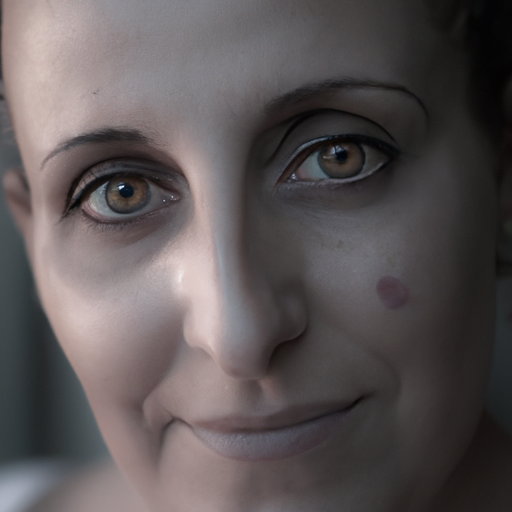As a medical professional, I have encountered countless patients struggling with acne, a common skin condition that affects nearly 85% of people at some point in their lives. Acne is not just a cosmetic concern; it can significantly impact a person’s self-esteem and overall quality of life. Therefore, understanding the various acne treatments available is crucial for managing this condition effectively. This article aims to unmask clear skin by taking a deep dive into acne treatments.
Acne occurs when the skin’s pores become clogged with oil, dead skin cells, and bacteria. Several factors contribute to its development, including hormonal changes, diet, stress, and certain medications. The severity of acne can range from mild (whiteheads and blackheads) to severe (nodules and cysts).
The first line of defense against acne often includes over-the-counter (OTC) treatments. These typically contain ingredients like salicylic acid, benzoyl peroxide, or sulfur, which work by reducing inflammation, killing bacteria, and unclogging pores. OTC treatments can be effective for mild to moderate acne but may not be sufficient for more severe cases.
For persistent or severe acne, prescription medications may be necessary. Topical retinoids, derived from vitamin A, are commonly prescribed to reduce the production of sebum and prevent the formation of new comedones. Antibiotics can be used to kill the bacteria that contribute to acne. In some cases, oral contraceptives are prescribed for women to regulate hormonal imbalances that can cause acne.
Isotretinoin is another potent medication used for severe or resistant cases of acne. It works by shrinking the oil glands to dramatically reduce the amount of oil produced. While highly effective, isotretinoin has potential side effects and requires careful monitoring by a healthcare professional.
In addition to these medicinal treatments, several procedural options can help manage acne. These include therapies like light and laser therapy, chemical peels, and drainage and extraction procedures. Light and laser therapies can reduce inflammation and kill acne-causing bacteria, while chemical peels can unclog pores and renew the skin surface. Drainage and extraction procedures can help to clear large, painful acne cysts and nodules.
Dietary and lifestyle modifications can also play a role in managing acne. A balanced diet, regular exercise, adequate sleep, and stress management can all contribute to overall skin health. Avoiding certain foods known to trigger acne, such as dairy products and high-glycemic foods, may also help some individuals.
It’s important to remember that everyone’s skin is unique, and what works for one person may not work for another. Therefore, it’s crucial to consult with a dermatologist or healthcare provider to develop a personalized treatment plan.
In conclusion, while acne can be a challenging condition to manage, a variety of treatments are available to help clear the skin. From OTC products and prescription medications to procedural treatments and lifestyle modifications, there are numerous strategies to combat acne effectively. Remember, achieving clear skin is a journey that requires patience and persistence. With the right treatment plan, it’s entirely possible to unmask the clear, healthy skin beneath the acne.



